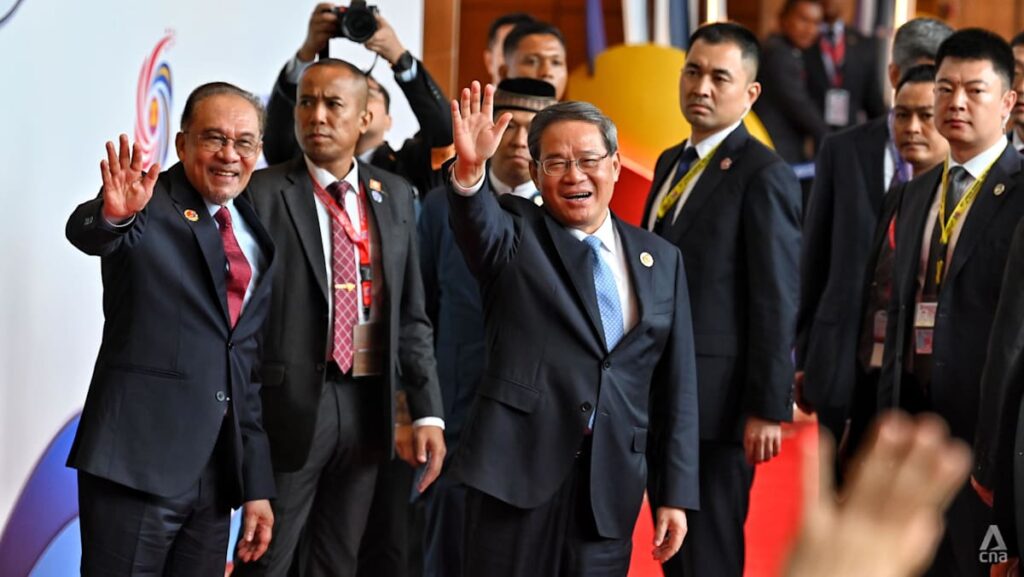Separately, the Malaysian prime minister said that there have been extensive discussions on issues relating to the South China Sea, with all parties looking to formulate a Code of Conduct.
The issue of overlapping territorial claims in the South China Sea – which is one of the world’s most contested waterways – has been a source of significant friction between China and several ASEAN nations, namely Malaysia, Brunei, the Philippines and Vietnam.
In 2023, ASEAN and China agreed on guidelines to accelerate negotiations, with a goal of completing the code within three years.
Anwar however said that as with all issues, they wanted it to be resolved within ASEAN and with their partners in the region.
“Because the moment it is seen to be imposed and dictated by outside forces, things become more problematic and tense.
“As far as we are concerned, things are still under control. We still urge strongly that all parties engage in these negotiations universally recognised principles of international law, precisely the 1982 UNCLOS and the Code of Conduct,” he said, referring to the United Nations Convention on the Law of the Sea.
Anwar added that ASEAN was also concerned with the recent surge in the ballistic missile launches by North Korea (DPRK).
“Malaysia’s position is to continue with some form of engagement. Because once we call for engagement in all areas from Gaza to Ukraine to Myanmar we should not preclude engagement with DPRK,” he said.
Meanwhile, India External Affairs Minister S Jaishankar told the summit that terrorism posed a continuous and corrosive threat.
“The world must display zero tolerance; there is no room for ambivalence. Our right of defence against terrorism can never be compromised,” he was quoted as saying by the Times of India.
He added that as the world inevitably responds to new circumstances, new opportunities would emerge and resilient solutions would be devised.
“At the end of the day, the realities of technology, of competitiveness, of market size, digitisation, connectivity, of talent and of mobility cannot be ignored.
“Multipolarity is not just here to stay but to grow. All these warrant serious global conversations,” he said.
https://www.channelnewsasia.com/asia/china-li-qiang-asean-centrality-trade-5427586


